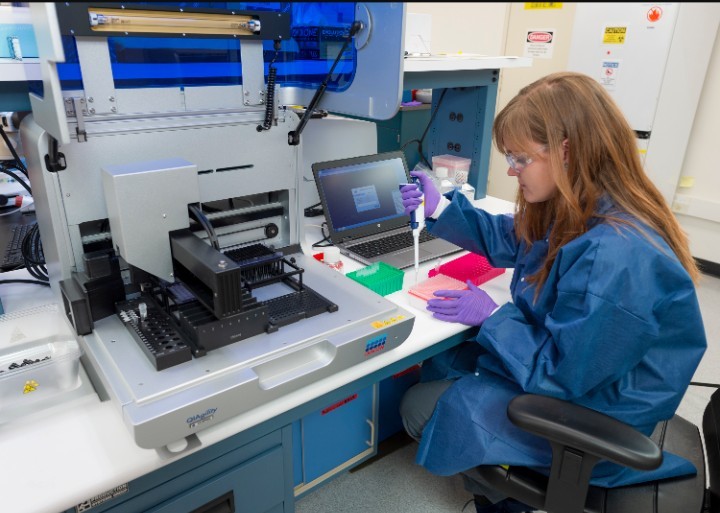UNITED STATES: National Aeronautics and Space Administration (NASA) found mitochondrial breakdown as root of many health problems of living in space. A team of scientists based their findings on data collected for decades of research in the space station.
The mitochondria, a powerhouse of the cell, experiences changes in activity during spaceflight. Scientists collected samples from 59 astronauts for decades of experimental research.
The first clue found between mitochondria and spaceflight came from rodent research. The data NASA found on humans support this hypothesis that the breakdown inactivity of mitochondria contributes to health challenges in space.
They identified the changes in astronaut Scott Kelly’s immune system from each year in space since 2015. Further evidence was found in blood and urine samples of other astronauts, further confirming that space life alters mitochondrial activity in the human body.


Mitochondria produce energy for the cell
The mitochondria work as a digestive system for a biological cell. It uses oxygen to convert chemical energy into energy, adenosine triphosphate (ATP), that the body needs.
The change in altitude of space reduces the amount of available oxygen, especially at high altitudes, which impairs the function of mitochondria. The mitochondria adapt to these conditions observed in some people living at high altitudes like the Tibetan highlanders; however, this adaptation is absent in space.
Impact of microgravity
In an interview with Transcontinental Times, Dr. Afshin Beheshti, lead author of NASA’s research, explained, “Based on our results and former research, there exist lower diffusion rates (of solutes) that will reduce the hydrogen gradient in the mitochondrial region. Also, it will reduce energy production through ATP synthesis in microgravity. Similarly, microgravity will affect changing the biology in the body to reduce the efficiency and effectiveness of the mitochondria to produce the required energy that the body needs. So it still has activity in microgravity conditions, but the space environment impairs the activity (which also includes space radiation damage).”
He added, “We should think of how the space environment will impact the body completely. There are systemic impacts on biology because of the changes that occur in the body in space. We found that mitochondria are one of the key players. Yet, the mitochondria in the body are still trying to be active, one reason that an astronaut can still function, even though the space environment severely impairs mitochondrial functions.
“Depending on how long they spend on the moon, [astronauts will incur] long-lasting damage to their health. Thus, there are current steps to elevate and boost their energy that astronauts need to do. One, they can exercise for a couple of hours every day. Exercise boosts your mitochondrial functions! But, this isn’t enough in space. So, the next step for researchers is to use existing therapy for boosting mitochondria in the clinic and apply it to astronauts. So, an effective countermeasure applied against the damage of the space environment.”



